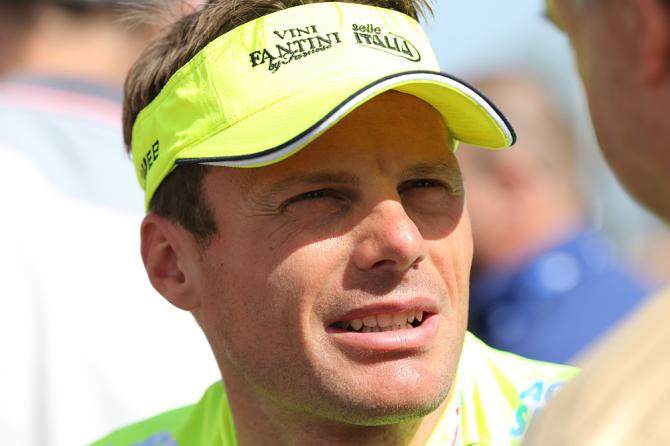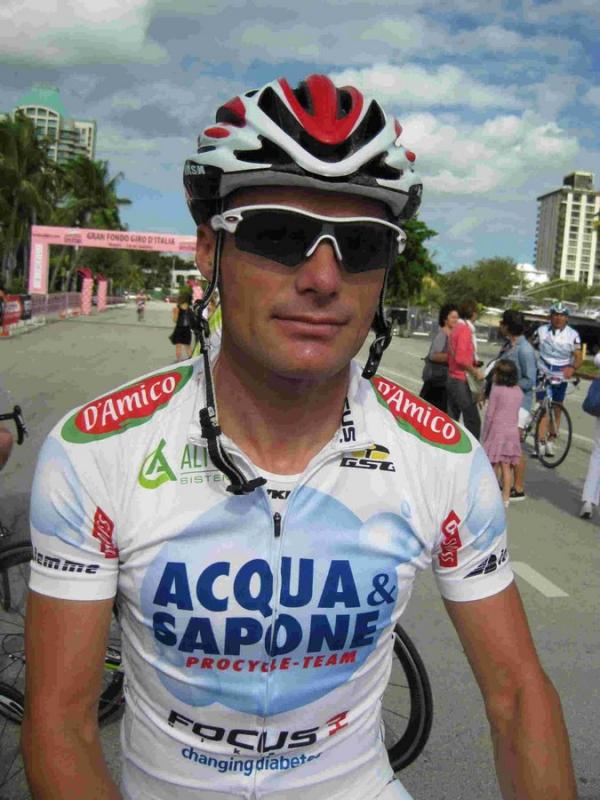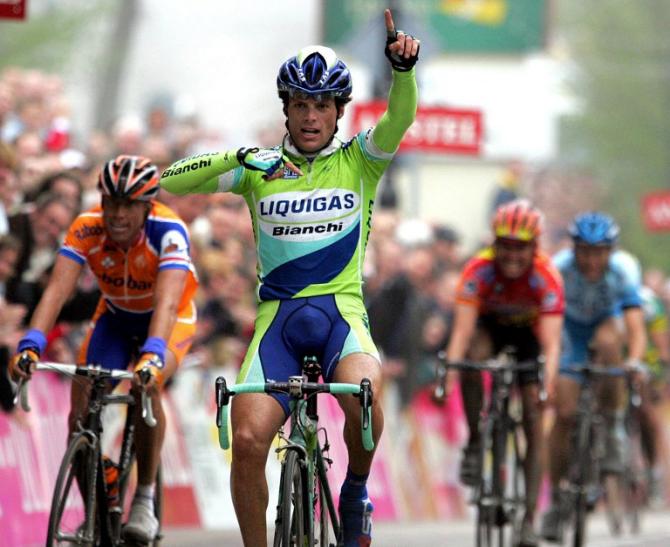Di Luca: 90 per cent of riders in Giro d'Italia were doping
Italian gives revealing interview



Six weeks on from being banned for life from sport, Italian Danilo Di Luca has given a revealing interview, to be aired Wednesday on Italia 1 television.
Di Luca given two-year suspension for Giro CERA doping
Di Luca says he did not name riders during anti-doping collaboration
Di Luca confesses to doping mistakes
Danilo Di Luca positive for EPO
Di Luca "surprised" by positive test for EPO
Acquarone on Di Luca: How can a person of his age be so stupid?
Di Luca to face CONI over Giro EPO positive
Di Luca asked to collaborate by CONI anti-doping investigators
In the interview, according to Gazzetta dello Sport, Di Luca states that 90 per cent of the 200 riders in the Giro d'Italia were doping, and that if 10 per cent are not, "that 10 percent don't care about the Giro d'Italia, they are preparing for other races and therefore not doping."
"It's impossible to finish in the top 10 in the Giro d'Italia and not dope."
The 38-year-old has twice served suspensions for doping: first as the result of the "Oil for Drugs" investigation, for which he received a three-month ban in 2007. Shortly after returning, Di Luca's urine samples at the 2007 Giro d'Italia turned up suspiciously absent of any hormones, leading to suspicions that he was using a substance to break down any traces of drugs in his urine.
He then tested positive for EPO CERA in 2009, after which he served a reduced 15-month suspension after cooperating with authorities.
Upon testing positive for EPO again ahead of the 2013 Giro d'Italia, he was sacked by Vini Fantini, and then in December given a lifetime expulsion from the sport for his offences.
Not surprisingly, Di Luca said, "The best thing would be to legalize drugs so the entire peloton is on a level playing field."
Get The Leadout Newsletter
The latest race content, interviews, features, reviews and expert buying guides, direct to your inbox!
Di Luca, showing little remorse or regret for his actions, revealed that he first learned about doping when he was an amateur. "I was always a champion, and won often. Then, when I left the amateur ranks, riders who had raced with me a month before were a month later stronger than me."
He said that riders used to discuss doping openly, but due to recent scandals, there is much more secrecy. Riders are given advice from doctors, but must source their own doping products, unlike the days of team-sanctioned doping such as that at Festina or the US Postal Service team in the late 1990s.